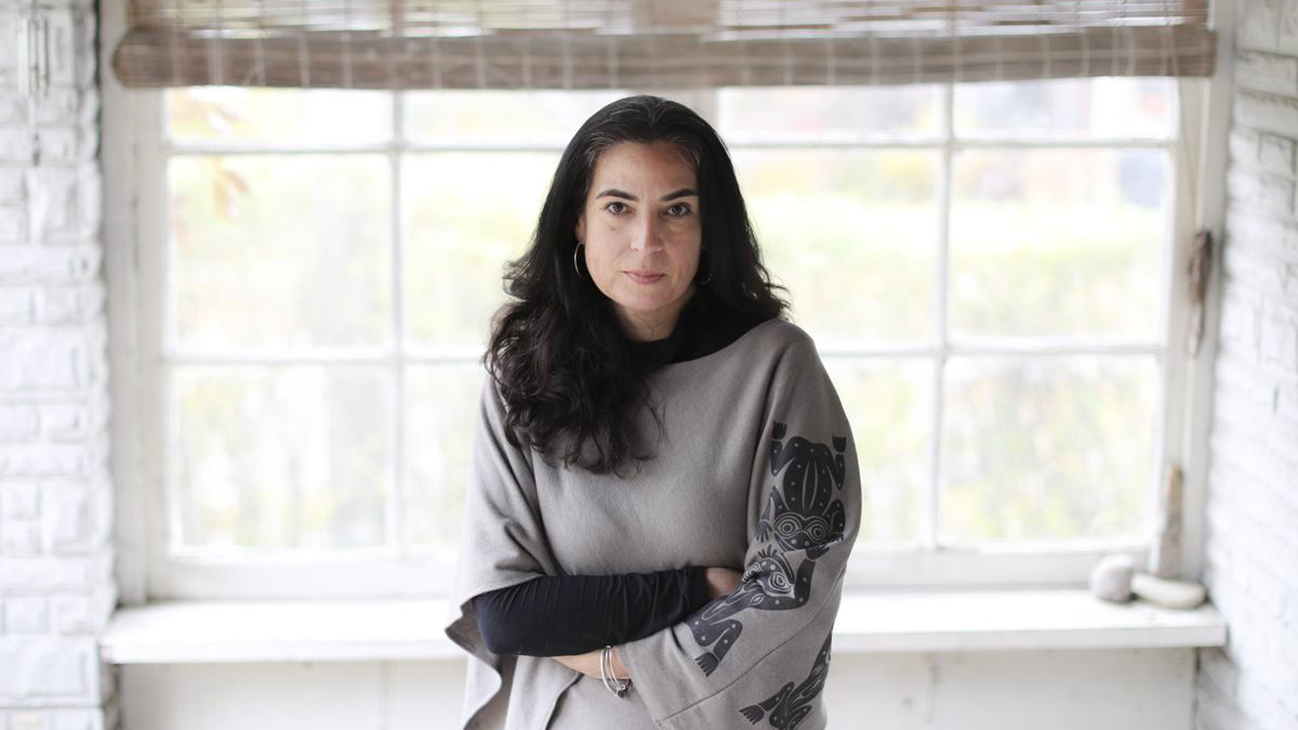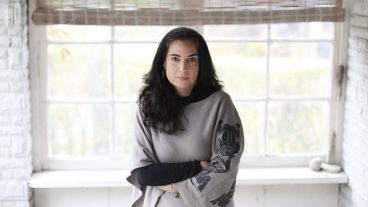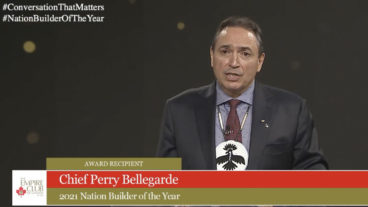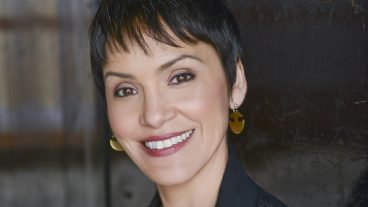Award-winning author and journalist Tanya Talaga has signed a three-book deal with HarperCollins Canada. The first book is scheduled for release in 2023, and each will explore the legacy of Canada’s residential school system through the stories of its intergenerational survivors.
Tanya is a celebrated journalist, having been nominated five times for the Michener Award in public service journalism. She spent 20 years working with the Toronto Star and is currently a columnist with the Globe and Mail. Tanya is also the acclaimed author of two books: Seven Fallen Feathers, which won the 2018 RBC Taylor Prize, amongst other awards; and All Our Relations: Finding a Path Forward, which inspired her 2018 Massey Lectures series.
Her new book deal will see Tanya write three non-fiction books, with the first coming out in 2023. It will focus on the residential school system and the essential reckoning, exploring why the discovery of unmarked graves on residential school grounds has finally resonated with Canadians as well as rest of the world.
When announcing the three-book deal, Iris Tupholme, HarperCollins senior vice-president and executive publisher, described Tanya as “a pre-eminent Indigenous voice writing in Canada today. A household name, she can elevate these much-needed conversations to a national audience at the very moment we are facing a tipping point when it comes to Indigenous issues and history in Canada. We see these books as ones of vital importance to forging new relationships in this fractured nation.”
As a gifted storyteller, Tanya is transforming the way Canadians understand their country and history in order to move forward on a path of true reconciliation. She also heads-up Makwa Creative Inc., a production company focused on amplifying Indigenous voices through documentary films, TV, and podcasts.
Maclean’s recently spoke with Tanya about her impact as a storyteller and to gain more details about her new book deal. From the article:
The book project Talaga is about to embark on has been on her mind for several years. “In my very first meeting with [House of Anansi editor] Janie Yoon, I discussed two book ideas with her,” she says. “I talked to her about the students who had died in Thunder Bay, but I also pitched a book about all the missing children at residential schools across Canada. That was actually the first [one] I wanted to write.”
Yoon suggested beginning instead with the story of the seven students. “She felt that would really reach people and open up that groundwork, and would be more urgent,” Talaga recalls. “And I think she was right. There is a time and a place for everything. And now things have come full circle, and I’m writing that first book.”
Talaga describes the project as “sacred work.” To prepare, she is drawing on her community for strength and support. “It is draining,” she says, “which is why it’s so important to do things in a good way.”
Having spent decades writing and sharing Indigenous stories, Maclean’s asked if Tanya has seen a significant shift in how Canadians are understanding Indigenous issues since she began writing about them. Her response:
“Yes and no. At least more people are interested now. More people are asking questions, more people want to know the truth. But it was just two years ago that people were denying there was a genocide happening in this country. I work for a newspaper that had a headline on the editorial page, ‘No, it’s not genocide,’ just after I wrote two books on genocide. After all the reporting and journalism that’s been done, that denial hurts.
“And truthfully,” she continues, “how many times do we have to tell people this is what happened before they start to listen to us and believe us? Is it now, when we’re finding the mass graves of all of our children at all of these different schools? And what about the Indian hospitals, what about the sanitariums? There are lots of places where our people are buried in unmarked graves. Is that what Canada was waiting to hear?
“These things hurt our souls. Telling these stories, it’s heavy on you. I’m sure you feel that too, as an Indigenous journalist. It’s personal.
“But you know, I’m always hopeful. I think you’ll find our people are always hopeful, right? We’re always extending an olive branch, we’re always willing to teach others. Because we have no choice. We all have to live together here.”
Read Maclean’s full profile of Tanya.
In her powerful keynotes, Tanya Talaga shares Indigenous stories from across Canada and the world, humanizing the legacy of residential schools and colonization and sharing her hope for a more inclusive and equitable future.
Interested in learning more about Tanya and what she can bring to your next event as a keynote speaker? Email us at [email protected].




